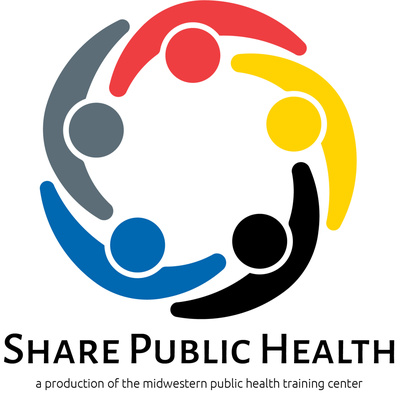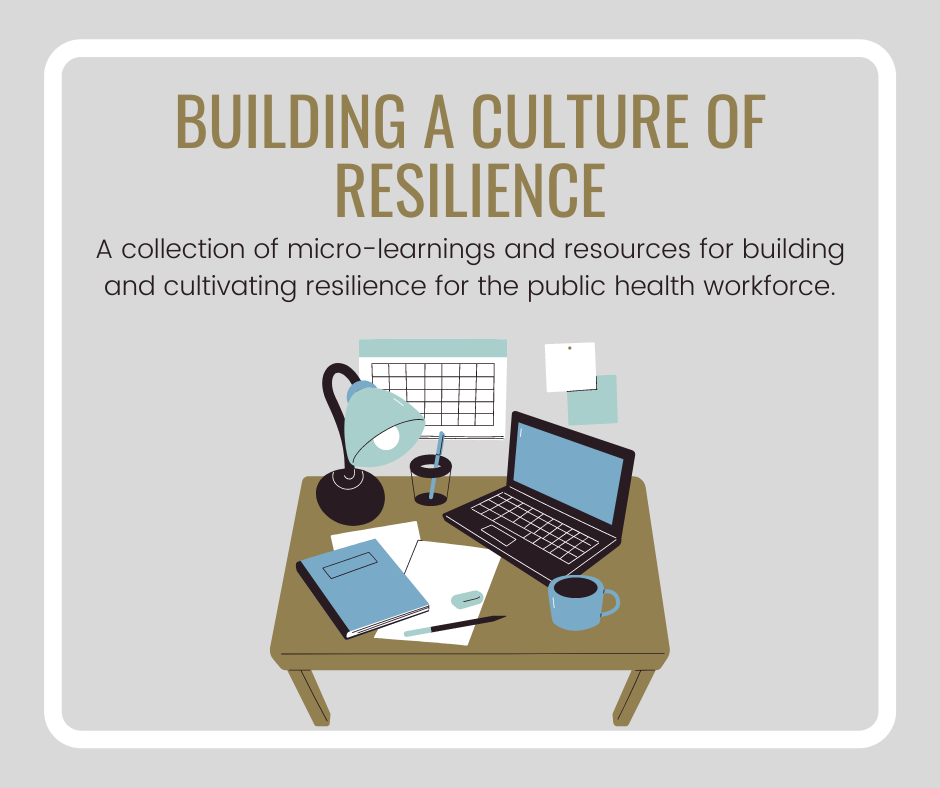Provider: CDC
Description: This web page addresses key topics for environmental health practitioners who perform many critical functions in shelters. Examples include conducting shelter assessments, testing drinking water supplies, conducting food safety inspections, and evaluating general safety and sanitation. Key topics include:
- CDC Shelter Assessment Tool – This environmental health shelter assessment tool assists environmental health practitioners in conducting a rapid assessment of shelter conditions during emergencies and disasters
- Chemical Agents: Facts About Sheltering in Place – precautions about sheltering in place after a chemical incident
- Disaster Information for Pet Shelters – guidelines for animal health & control of disease transmission in pet shelters and other information about pet shelters
- Infection Control Guidance for Community Evacuation Centers Following Disasters – recommendations for basic infection control guidance to prevent exposure to or transmission of infectious diseases in temporary community evacuation centers
- Learn How to Shelter in Place – information about how to know when to shelter-in-place
- Sheltering in Place During a Radiation Emergency – precautions to help reduce exposure to radiation
Environmental Health Training in Emergency Response – training addresses information on shelters and many environmental health topics commonly faced in response to emergency events
Public Health Surveillance During a Disaster – information to assess the human health impacts of a disaster and evaluate potential problems such as disease outbreaks
Target audience: Environmental health practitioners
Access at Shelters (Evacuation and Emergency)
Download this information (PDF format)





